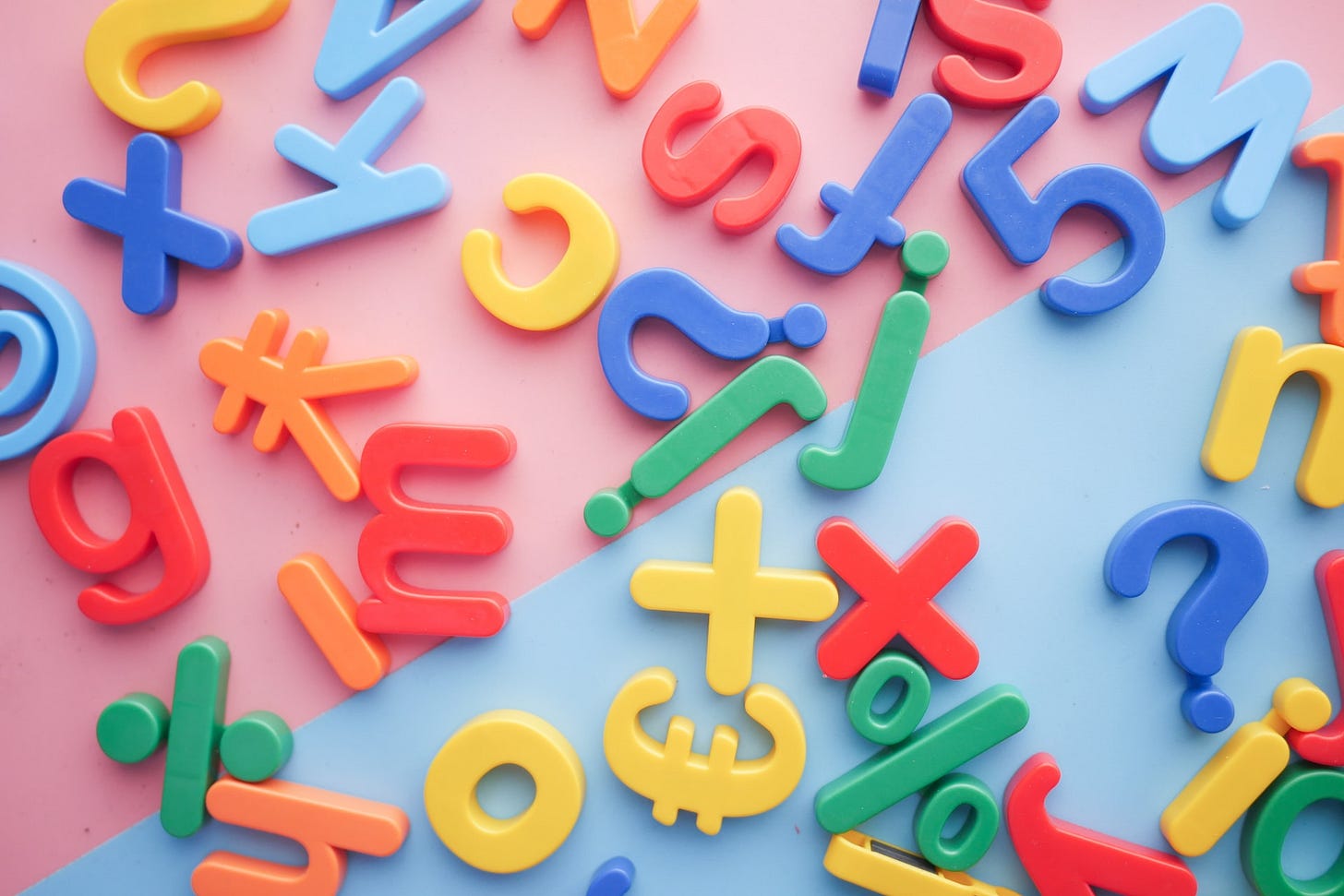The Limitations of Language
We think we’re so evolved, but we still use hieroglyphics and a series of grunts

The Latin-based languages comprise 26 symbols that, arranged in a mind-boggling array of variation, somehow connect us with one another. It’s pretty awesome, yet it has serious limitations.
Not only do most words have multiple meanings (like ‘conflict’ and ‘story’), but we tend to forget that words, too, are only symbols. Words can’t capture the essence of anything; they are, at best, pointers. The word ‘forest’ has nothing to do with the full-sensory experience of walking in a forest.
More often, words are representations of thought patterns, and—with the wisdom that a quiet mind brings inner peace—who needs more thoughts dancing around in their head? When you combine these factors, the potential for misinterpretation is substantial. So…why bother writing at all? Why aren’t we all constantly in silence? Maybe we should just communicate in koans? Well, at this point in our evolution, language is the best vehicle most of us have for communication.
If words were true in an absolute sense,
we wouldn’t need so many different languages.
Does Communication Ever Happen?
Playwright George Bernard Shaw once quipped that “the single biggest problem with communication is the illusion that it has taken place.”
We write words and assume the other person (or people) understand what we’re trying to convey.
Not so fast.
Each person is reading our words through their own filters: conditioning by family of origin, regional, religions, educational and organizational, among others. Their opinions of us based on prior interactions. Filling in information based on what they want to be true (or dread hearing). What they ate for breakfast that morning, and how their body is feeling. How they slept last night. How busy they are, and what happened 15 minutes before they read our message. None of this is our control.
What I’m getting at is that it’s very, very rare that anyone actually understands what another person means. Understanding seems to happens enough that nobody questions the effectiveness of language—our friends show up at the cinema the same time we do; the project is finished by the deadline; we remember a friend’s birthday—yet when it comes to communicating about deeper dimensions, language just doesn’t cut it.
Every person we’ve ever met knows a different version of us, based on our unique relationship with them and because each person sees us through their own filters. Similarly, the way we experience people is unique to each of us, because we’re looking through our own filters.
For most of of the world, for now, the surface-level use of words is helpful. Until we go deeper and begin seeing just how often we misinterpret others and how often they misinterpret us.
Spoken Words are Just Sophisticated Grunts
If Latin-based characters are symbols—modern-day hieroglyphics—then spoken language is a modern series of sophisticated grunts and intonations.
Everyone in a given region agrees on what certain sounds or tones mean; that’s the language they grow up with. These sounds are just relative representations of human constructs (“dog” “cat” “iceberg” “fear”), rather than “reality.”
Language and Nonduality
The English language is inherently dualistic; it divides, labels and separates. It says this, not that; then not now; here not there. It’s how our bodies and minds navigate this physical world, but writing about nonduality can be a particular challenge.
I’m here, and you’re there, and time is linear, but there’s only now—and now-now is different from then-now, and then follows now, yet there is only one now…add I AM into the mix (although it is the mix, AMIright?), and it becomes even more confusing. As someone said on Twitter recently…
Nonduality stuff has a way of transforming into word salad as it is written down.
— _2020mojo_ (@_2020mojo_) June 23, 2016
The thing about word salad is, if you understand the speaker’s perspective and worldview, it’s no longer word salad; it makes complete sense.
This is why Ram Dass said that, when he was at Harvard, there was a group of spiritual seekers perceived to be a cult, because nobody who hadn’t had an awakening experience could understand what they were talking about. That experience (today often called “the shift”) was, and remains, beyond language and concepts.
For a long time, it bothered me that so many people misunderstood my words. Then I realized that nobody ever *could* truly understand my words. That insight was enormously freeing; I could stop trying to overexplain and accept that it’s not just me: each of us is the only one who can fully understand ourselves.
When you’re talking about nonduality with people who see the world through a dualistic lens, then it becomes more complicated. Personally, I still use first- and second- person pronouns, simply because that’s the language we’re working with, and it’s less clunky or pretentious than saying “this body-mind” or some similar “spiritually correct” phrase. Sometimes, working with duality is as easy as saying, “Yes, this isn’t completely accurate, but it’s language, so what can we do?”
This is a variation of my 2016 post “The Paradox of Language,” which appeared on my blog and is now on Resonant Storytelling, my Substack for book writers.

